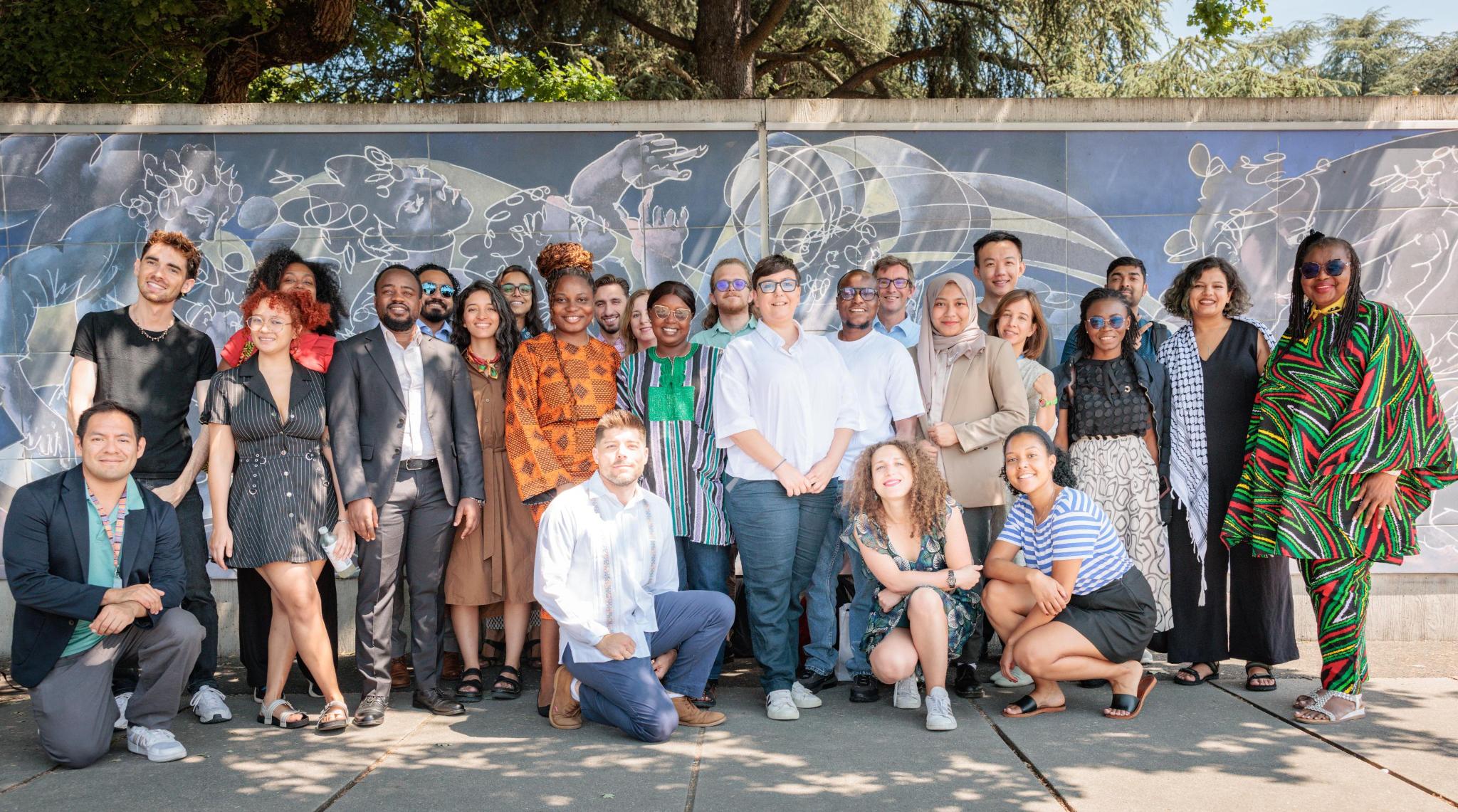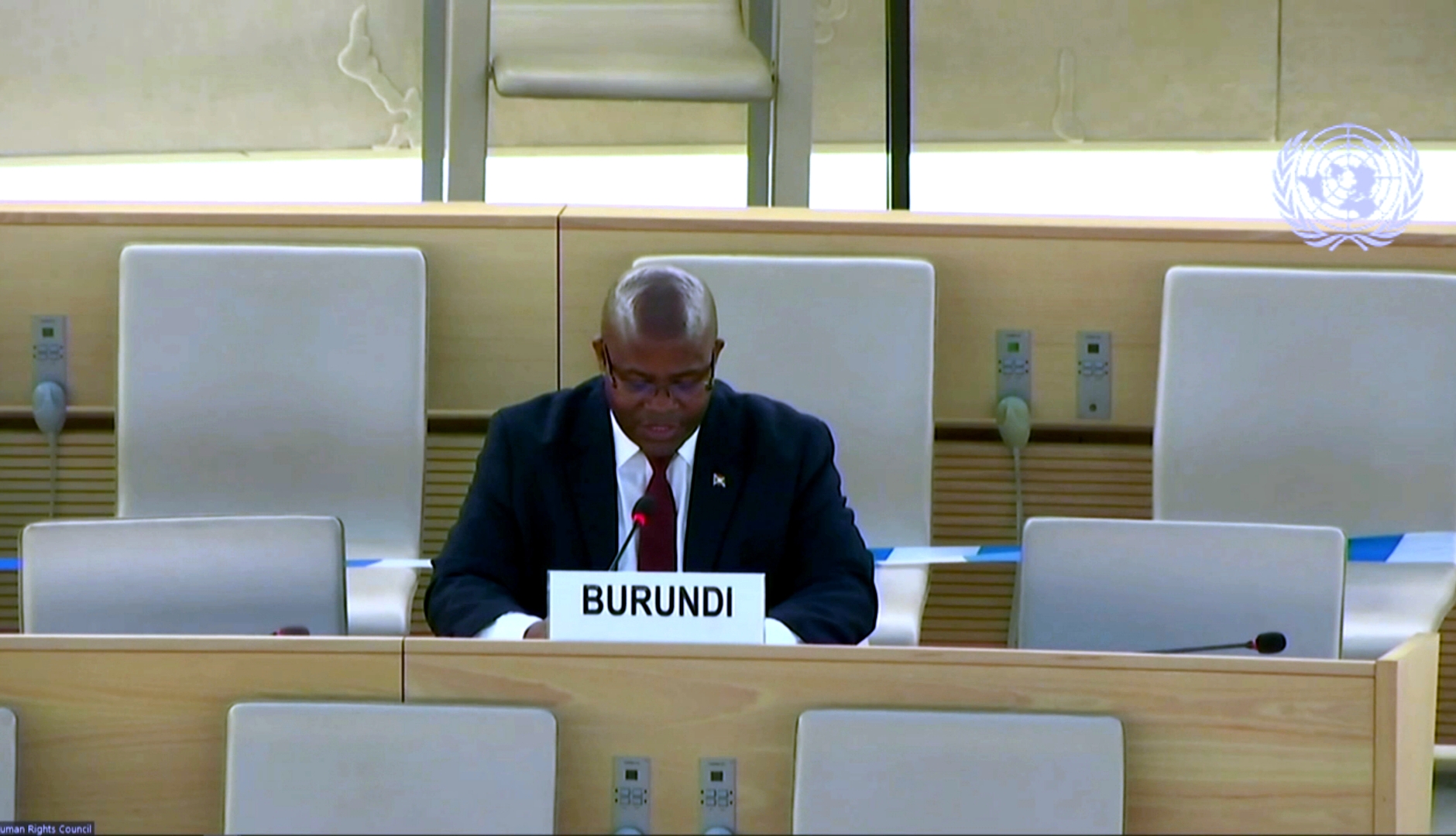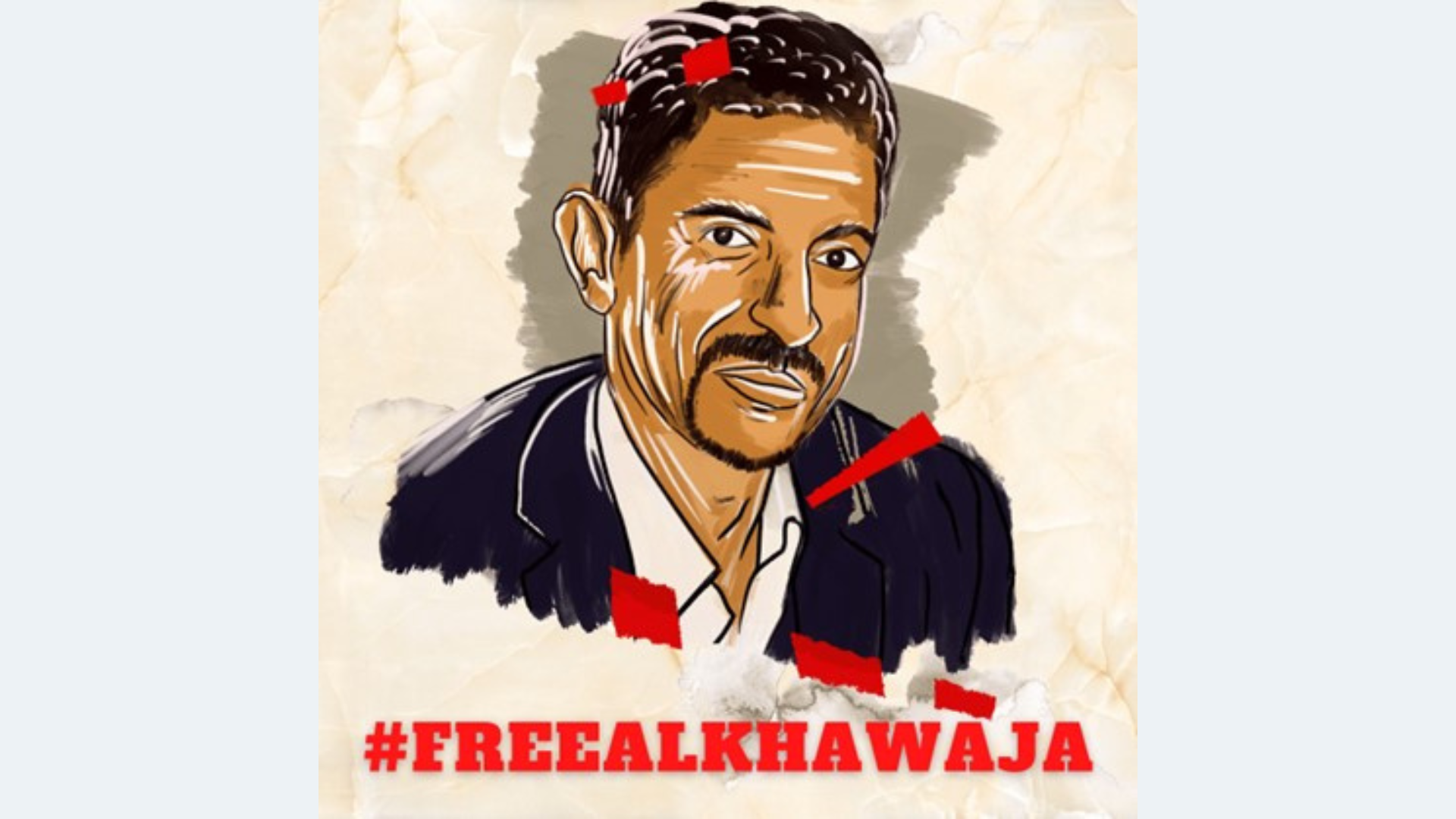On 23 September 2021, the Commission of Inquiry on human rights in Burundi presented its last report to the Human Rights Council. During his presentation, the president of the Commission M.Doudou Diène highlighted that the human rights situation in the country has seen no major structural improvement since the recent election of president Evariste Ndayishimiye, despite his promises to work toward the restoration of the rule of law. The Commission of Inquiry still reports cases of arbitrary detentions where tortures occur, as well as executions, enforced disappearances, abductions, harassments on people who denounced violations and a concerning number of people victims of armed attacks from local authorities and the Imbonerakure.
While the Commission commended the liberation of human rights defenders Germain Rukuki and Nestor Nibitanga, and of more than 5000 detainees, they considered those gestures to be symbolic. States, NHRIs and the Commission deplored the continued restrictions to democracy and the exploding corruption. M. Doudou Diène also stressed the inadequacy and the counter-productive nature of the measures adopted to strengthen the legal system as they contribute to reinforce the control of the judiciary by the executive.
Moreover, Burundi continues to exercise excessive control and surveillance over civil society and to demonize opponents and human rights defenders, labelling them as enemies of the States.
In a joint statement, ISHR and the Forum pour la Conscience et le Développement (FOCODE) shared their concerns about the denial by the government of several cases of enforced disappearances, hundreds of murders and also on the lack of distance between the newly nominated Burundian Independent National Commission on Human Rights and the government’s narrative about the human rights situation in the country, including that they have not been informed of enforced disappearances in 2020.
The statement also highlighted the situation of journalists, the restricted space for civil society, human rights defenders and opponents in the country who remain heavily harassed or put in jail, in some cases sentenced to life in-abstentia as it is currently the case for 12 defenders and forced to exile.




